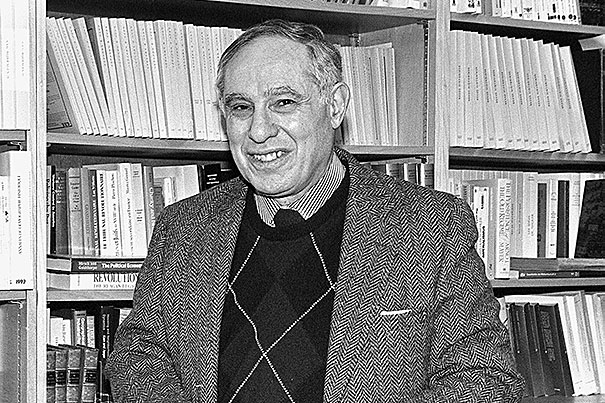Life is hard, crowded, and complicated. But imagine what it would be like without reasonably accurate and generally accepted standards of measuring time. According to David Landes, Coolidge Professor of History and Professor of Economics Emeritus, Harvard University, a world lacking in time management would lead not only to disorganization but also to generalized poverty. Landes takes us on a tour of timekeeping from medieval to modern times and explains the culture, technology, and manufacture of measuring time and making clocks. His books include Revolution in Time: Clocks and the Making of the Modern World and The Wealth and Poverty of Nations.
From Revolution in Time: Clocks and the Making of the Modern World
(Harvard University Press, 2000)
I. Finding Time
"The question to ask is: why clocks? Who needs them? After all, nature is the great time-giver (Zeitgeber), and all of us, without exception, live by nature's clock. Night follows day; day, night; and each year brings its succession of seasons. These cycles are imprinted on just about every living thing in what are call circadian ('about a day') and circannual biological rhythms. They are stamped in our flesh and blood; they persist even when we are cut off from time cues; they mark us as earthlings.
These biological rhythms are matched by societal work-patterns: day is for labor, night for repose, and the round of seasons is a sequence of warmth and cold, planting and harvest, life and death.
Into this natural cycle, which all people have experienced as a divine providence, the artificial clock enters as an intruder. For example, in ancient Rome:
'The gods confound the man who first found out
How to distinguish hours. Confound him, too,
Who in this place set up a sundial,
To cut and hack my days so wretchedly
Into small pieces! When I was a boy,
My belly was my sundial - one surer,
Truer, and more exact than any of them.
This dial told me when 'twas proper time
To go to dinner, when I ought to eat;
But nowadays, why even when I have,
I can't fall to unless the sun gives leave.
The town's so full of these confounded dials . . .'
And yet the sundial is the most natural of clocks, for it simply registers the movement of nature's prime timepiece. In essence, it is a schematization of the tree that casts a shadow and thus tracks the passing. Since our unhappy Roman thought sundials a plague, what would he have said about mechanical clocks, going night and day, sky cloudy or clear, keeping an equal beat and beating equal hours in all seasons? 'By its essential nature,' wrote Lewis Mumford, the clock 'dissociated time from human events'. To which I would add: and human events from nature. The clock is a machine, a work of artifice, a man-made device with no model in nature - the kind of invention that needed planning, thinking, or trying, and then more of each. No one could have stumbled on it or dreamed it up. But someone or, rather, some people wanted very much to track the time - not merely to know it, but to use it. Where and how did so strange, so unnatural a need develop?"



